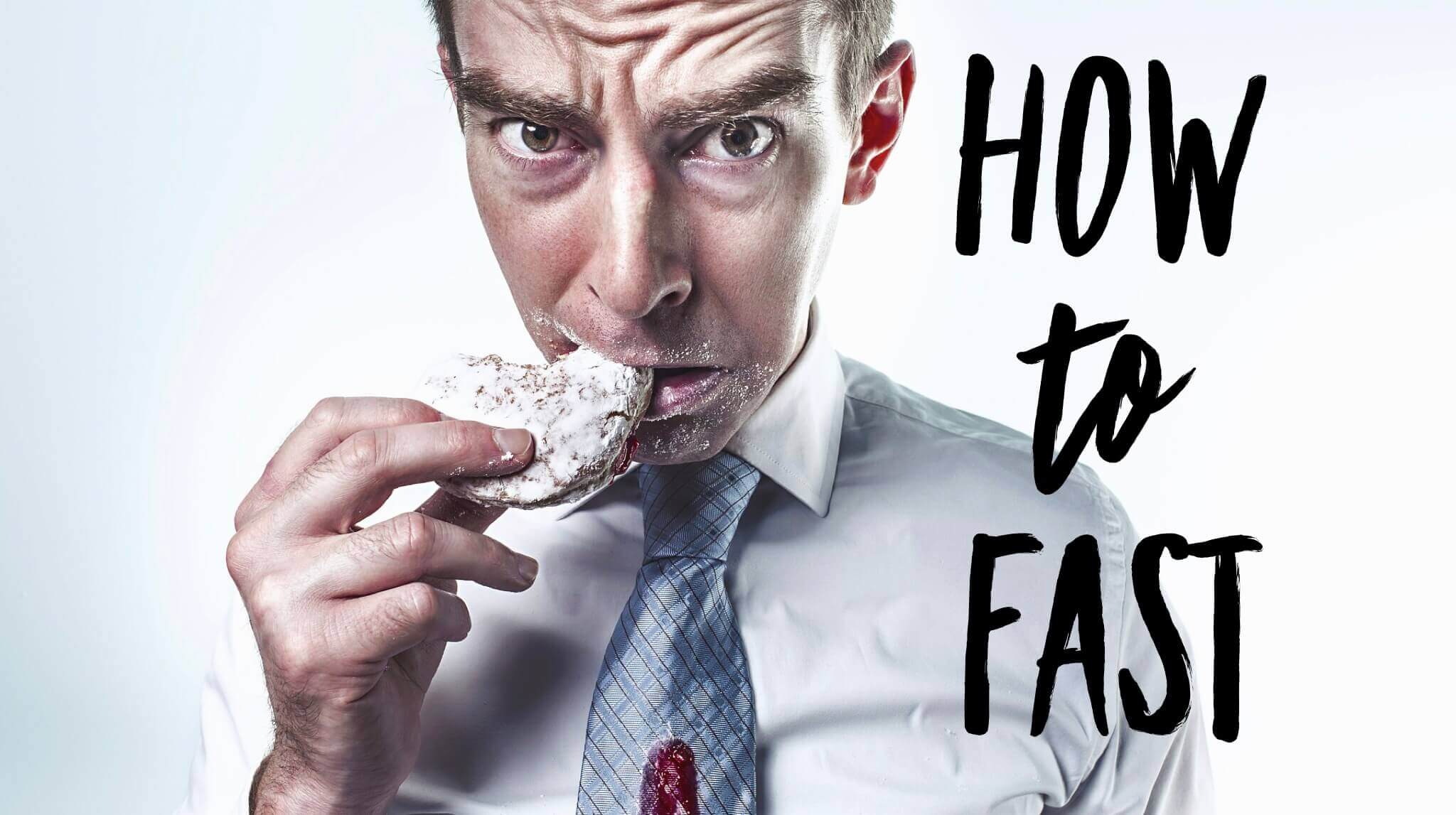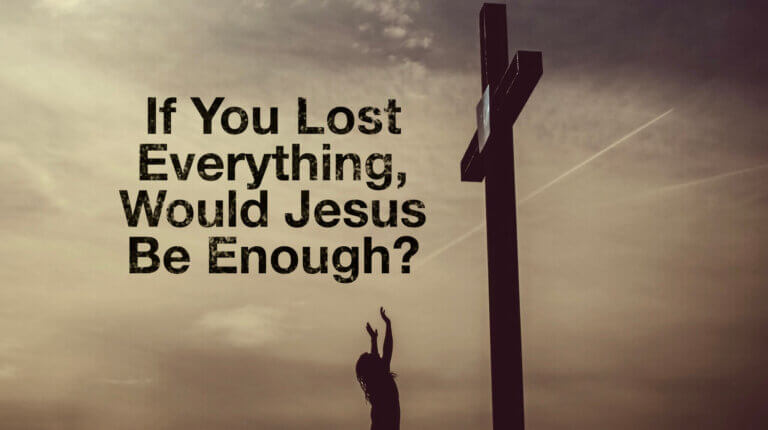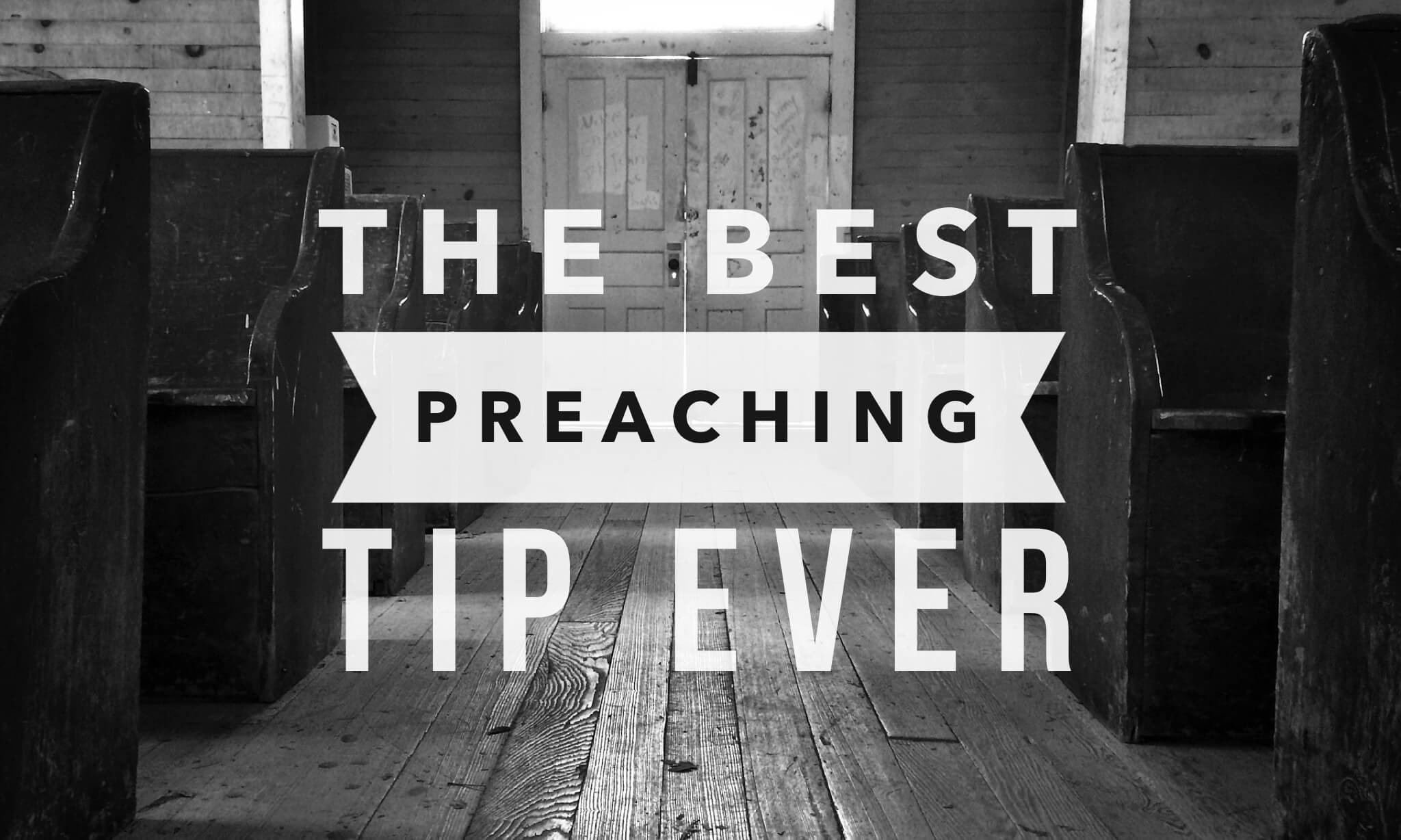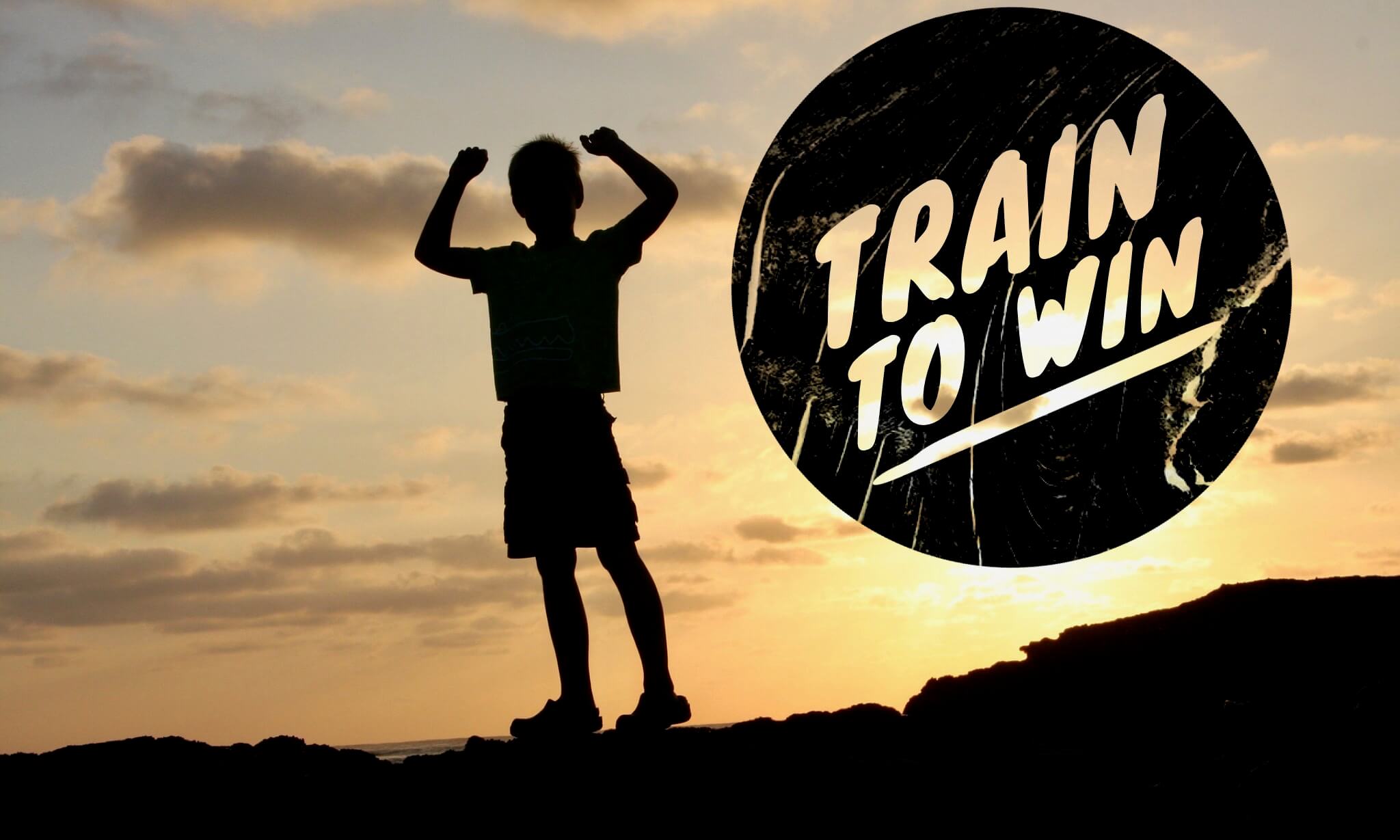How To Fast: 5 Questions to Ask Before Fasting

I haven’t eaten in three days.
I’ve been drinking water and that’s it.
This is the longest I’ve fasted yet. My previous record was one day. It has required a lot of mental strength, but I’m surprised that it’s been easier than I thought it would be.
Don’t get me wrong; I’m hungry. I’ve been dreaming about coffee and donuts.
But I’m convinced that fasting is the most neglected spiritual disciplines in Christianity today.
In America, from an early age, we’re indoctrinated that we must eat three meals a day. Plus, food is everywhere. We can’t do anything without being bombarded by advertising for food. Even all our social events revolve around food.
When someone skips a meal, we get worried. If someone skips two meals, we hold an intervention. Fasting could not be a more foreign concept in the United States.
But fasting is an ancient practice going back thousands of years. The Bible is full of fasting. Moses, David, Elijah, Daniel, Nehemiah, Ezra, Esther, Paul, and many other heroes of the faith fasted.
Above all, Jesus fasted and expected that we would fast too (Matthew 6:16-18). So how can we call ourselves fully-devoted followers of Christ if we’ve never followed his example of fasting?
I mean, how many people do you know who fast?
How many times have you heard a sermon about fasting?
And have you ever fasted?
Technically, you fast every night while sleeping and break it in the morning, which is why the first meal of the day is called breakfast. But that’s not what we’re talking about. And no, that time you skipped breakfast because you were running late doesn’t count either.
Fasting should be practiced on purpose for a purpose.
DISCLAIMER: If you have health problems or are taking any medications, please talk to your doctor before attempting a fast.
Benefits of Fasting
There are many physical and spiritual benefits of fasting.
Physically, you’ll lose some weight and your body detoxes from the junk you put in it every day.
Spiritually, fasting brings you closer to God as you rely on him, not food, to sustain you. Plus, it’s a valuable exercise in self-control to resist temptation. If through the power of the Holy Spirit you can resist the temptation to eat, you can also resist other temptations.
The only real downside of fasting is that you will be uncomfortable. But when has anyone ever grown by only doing what’s comfortable?
My prayer is that you’ll be as convicted as I was to try fasting.
But before you begin, there are a few questions you need to answer.
1. Why are you fasting?
Get clear on the reason why. What do you hope to get out of the experience?
Are you trying to grow closer to God?
Is there a specific prayer that you will be seeking God to answer?
Are you just trying to lose weight? If so, at least admit it. Don’t pretend you’re super spiritual if you’re only trying to look better in a swimsuit.
In the Bible, people fasted for confession of sin, repentance, deliverance, preparation for ministry, and for times of intense prayer.
I’m fasting for a few reasons this time. One of them is to pray for a miracle for a child with cancer.
2. What kind of fast will you do?
Since there’s no direct command exactly how to fast in Scripture, we are free today to fast as the Holy Spirit leads us.
Some people will eat fruits and vegetables. Some will allow themselves to drink juice or black coffee. Others fast from electronics.
But the standard practice in the Bible is abstaining from all food, and drinking only water.
So while some people today may declare a fast from technology or soda, and it is no doubt a beneficial practice, the Bible always speaks of fasting as abstaining from food for spiritual purposes.
That’s why I’m only drinking water for my fast. It’s the most biblical model.
3. How long will you fast?
There’s not a mandated time that we have to fast.
In the Bible, we see examples of people fasting for one day (Judges 20:26), one night (Daniel 6:18-24), three days (Acts 9:9), seven days (2 Sam 12:16-23), fourteen days (Acts 27:33-34), and forty days (Deuteronomy 9:9).
So you are free to fast as long as the Holy Spirit leads you.
If you’ve never fasted before, I would suggest you start small and work your way up.
Start with one day, see how it goes, and work your way up to two or three days.
I’m breaking my fast tonight after three full days.
4. How will you break your fast?
Don’t skip this part. Breaking your fast also requires self-control.
Your stomach will revolt if you slam a box of Krispy Kremes after a long fast.
Break your fast with simple, easy-to-digest foods: fruit, steamed vegetables, rice, bread, beans, etc.
Plan how you will break your fast before you start and you can look forward to the meal.
I’m breaking my current fast with some fresh fruit and a little bread.
If that sounds dull, trust me, after not eating for a few days, my taste buds are extra sensitive. A piece of fruit and even a slice of toast will taste like heaven.
5. What else will or won’t you do?
During your fast, you’ll inevitably be confronted with tough decisions and tempting situations. So decide before you start what you will and will not do during you fast.
- Will you still go to work, school, or the gym and live your life as usual?
- Will you still watch TV or read your Bible instead?
- Will you go out with friends and family or are you locking yourself up in your room and praying the whole time?
- Will you still sit with your family or friends at meal times or hide away from temptation?
- Is there anything else besides food that you’ll give up during your fast?
Make these decisions easier on yourself. Decide before the fast what boundaries and expectations you will set.
Conclusion
Fasting is feasting on God. It’s a focused time of spiritual devotion and depending on God alone to sustain you, almost always accompanied by prayer.
It’s a way of crying out, “God, I need you more than I need food!”
There are many physical benefits, but the spiritual benefits are even greater.
So why do we neglect to fast in the church today?
For many of us, I fear it is because the words of Philippians 3:19 are true: “their god is their belly, and they glory in their shame, with minds set on earthly things.”
May we all fast and experience what it’s like to break the stronghold of the world on our lives, surrendering everything, even our food, to God as we feast on his goodness and glory alone.







This was the most honest, biblical explanation on fasting I have read in decades!
It caused me to think about how important fasting is and how fasting causes us to seek the Lord in a new way for our own spiritual development and enlightening.
Thank you 🙏